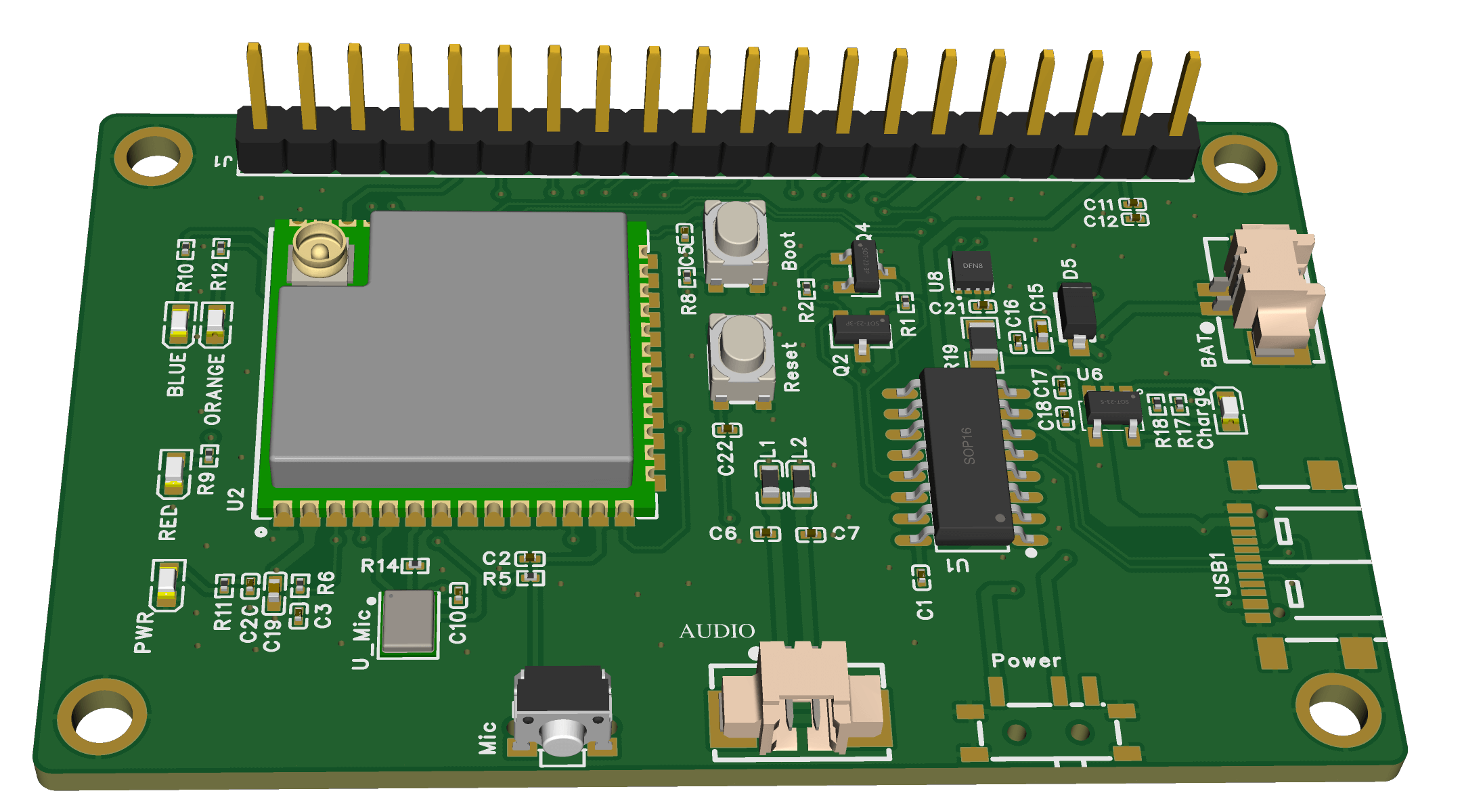Native Ideas: Product Development Driven by Personal Needs
Recently, friends often ask me, "How did you come up with the idea for this AI conversation device?" Whenever I'm asked this, I always talk about a product development method I particularly like - the Native Idea.
A Native Idea, simply put, is a concept that stems entirely from one's own needs. It's not about catering to the market or following trends, but about solving a problem you've personally encountered. In my view, this might be the most basic yet powerful source of innovation.
In the tech world, there's an interesting saying: "eat your own dog food". While it sounds a bit odd (who would eat dog food?), it means you should use the product you're developing. If you don't even want to use it yourself, why would anyone else like it?
I think this method is particularly good for several reasons:
- You have a super deep understanding of the problem. After all, it's your pain point; you know exactly what's frustrating.
- Testing is super convenient. You can use it as soon as it's made, no need to worry about finding test users.
- There's strong motivation for improvement. Because you're using it yourself, you immediately want to fix anything that doesn't work well.
- The feedback is incredibly genuine. As both the developer and user, you know crystal clear how good the experience is.
Take the AI conversation device I developed based on ESP32S3, for example (you can learn more about it at https://esp32.ai). The initial idea was purely to solve my own little problem with learning English. As a developer, I've always been looking for more efficient learning methods. Especially when it comes to learning English, I always felt something was missing - a real language environment and interaction.

One day, it suddenly occurred to me: what if I could have a conversation with an AI anytime, anywhere? Wouldn't that create an immersive English learning environment? As soon as this idea popped up, I was thrilled. Isn't this a typical Native Idea? Originating from my own needs, solving my own problem.
However, having an idea is not enough. I have a habit of recording problems I encounter every day. It might seem troublesome at first, but gradually you'll find that these seemingly trivial records are actually a goldmine of ideas.
On weekends, I spend some time sorting through the problems I've recorded that week. Sometimes I find that some problems already have decent solutions. But more often, I encounter problems that don't have good solutions yet. That's when opportunities arise.
Of course, discovering a problem doesn't mean you should immediately start full-scale development. I usually make a simple prototype first to test the waters. If the response is good, then I'll consider serious development; if no one's interested, at least I haven't invested too much effort.
Speaking of testing the waters, I particularly like to post my ideas on Product Hunt. There are many early adopters there, and feedback comes quickly and directly. If people are interested in your idea, that's a good sign; if it's met with silence, you might need to rethink it.
Back to my AI conversation device, I spent several months continuously debugging and optimizing before finally making a usable prototype. The first time I used the device I made to talk with AI, the excitement was indescribable. Although the conversation wasn't very smooth, I could already feel its potential. I could practice English speaking anytime, anywhere, discuss various topics, and even have the AI play different roles to simulate various conversation scenarios.
During the usage, I constantly discovered new needs and kept improving the device. Sometimes it was optimizing speech recognition accuracy, sometimes improving battery life, sometimes adding new features. Each iteration made this little device more powerful. This process of continuous improvement is the charm of Native Ideas.
The most interesting thing was when I brought this device to a maker meetup for demonstration, it actually received quite a bit of praise. It turned out that not just me, many people had similar needs. This made me realize that the power of Native Ideas goes far beyond solving personal problems. When we sincerely solve our own problems, we're likely creating value for others as well.
All in all, I think starting from your own needs is a great way to find good ideas. You don't need to be an industry tycoon, nor do you need some earth-shattering inspiration. You just need to pay attention to the little problems you encounter, and then bravely try to solve them.
So, if you're considering developing a product, why not try the Native Idea method? Remember, the best ideas might be hiding in some inconvenience in your daily life, waiting for you to discover and realize them.